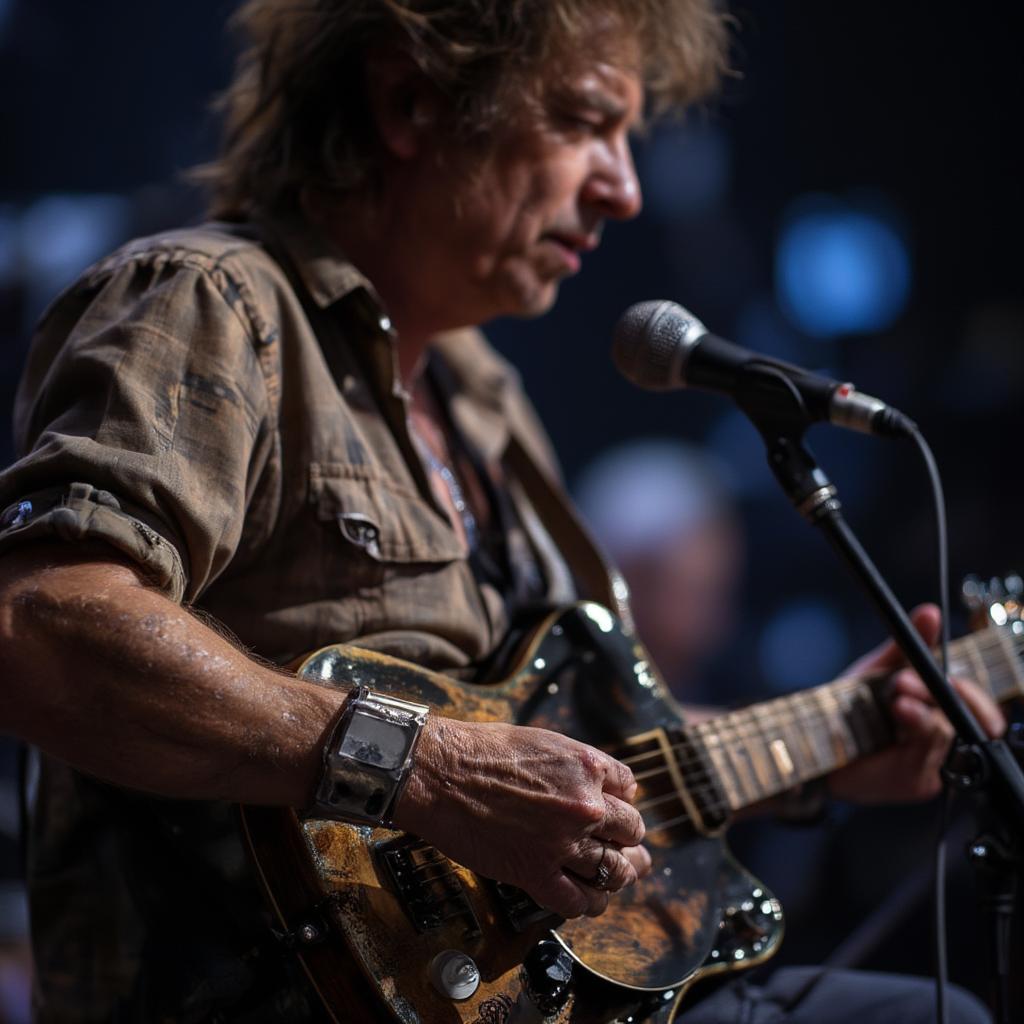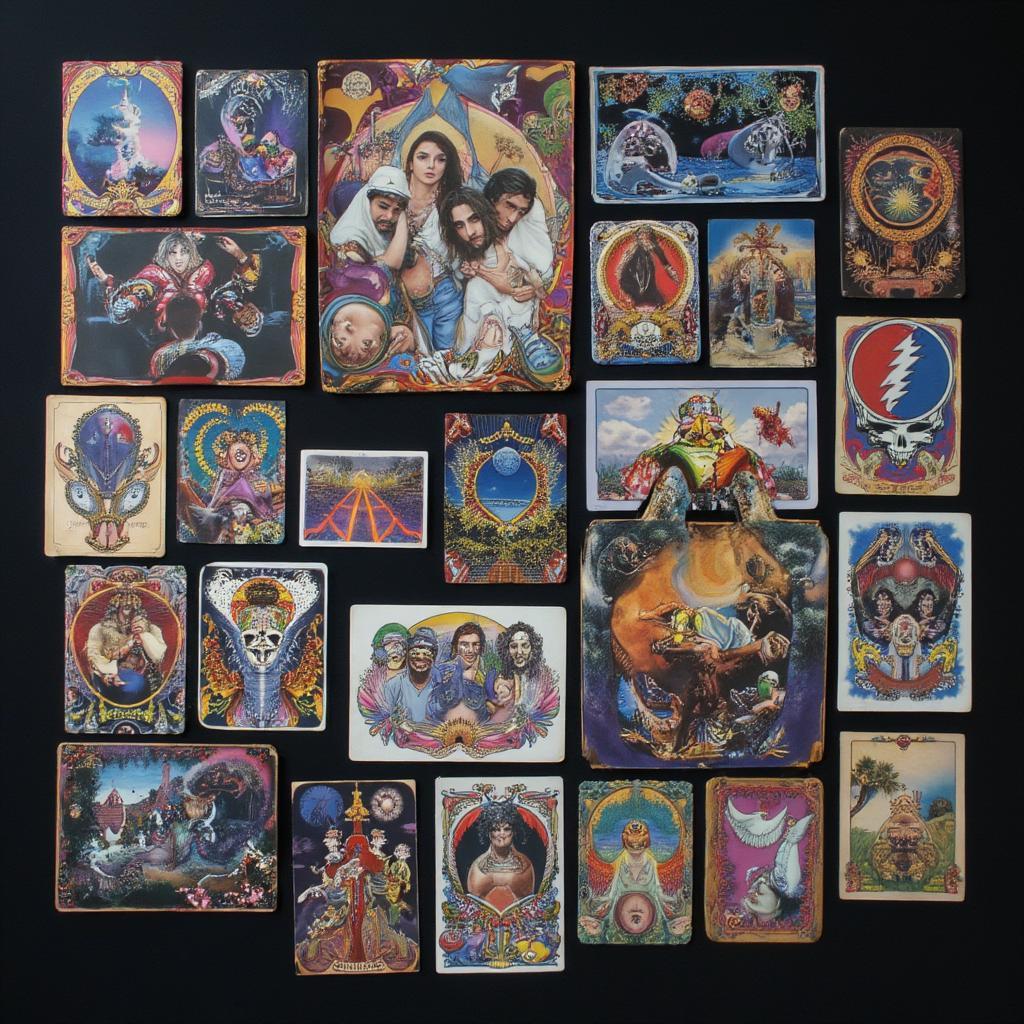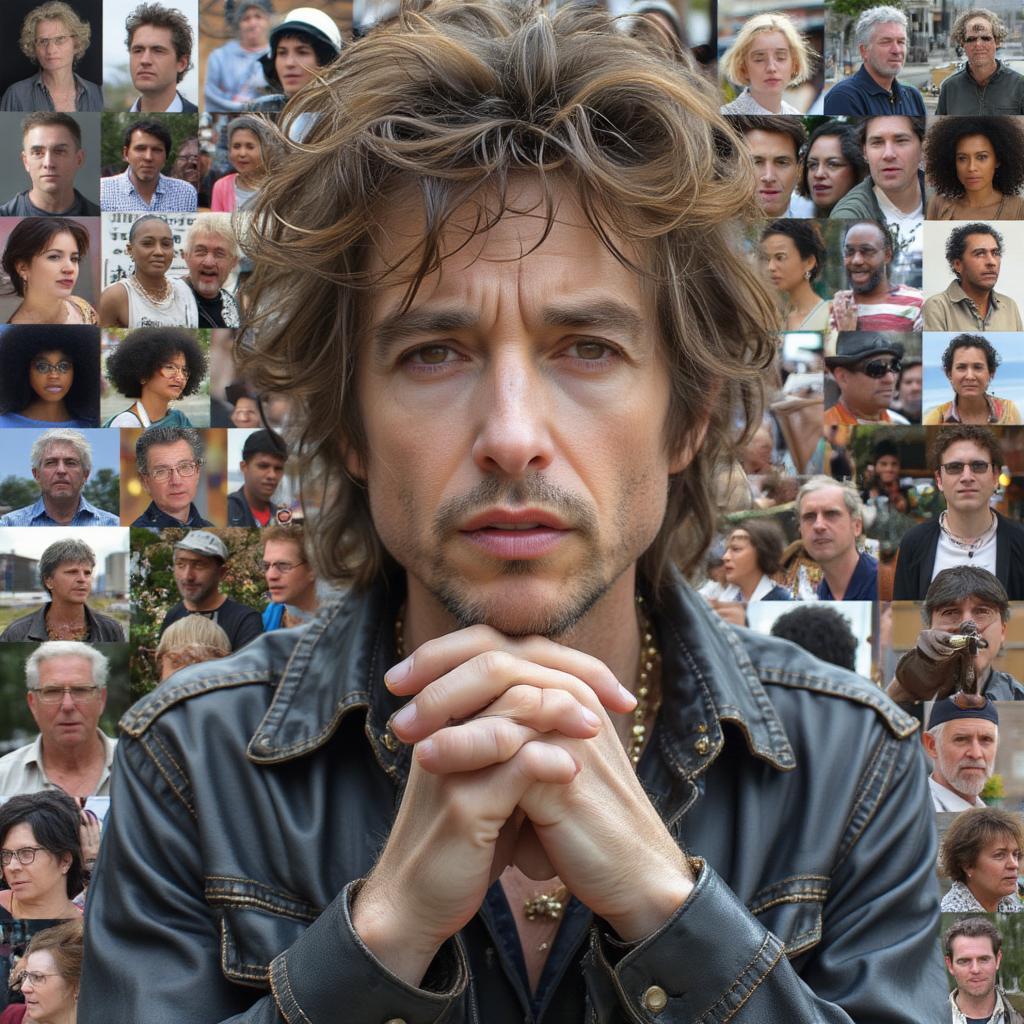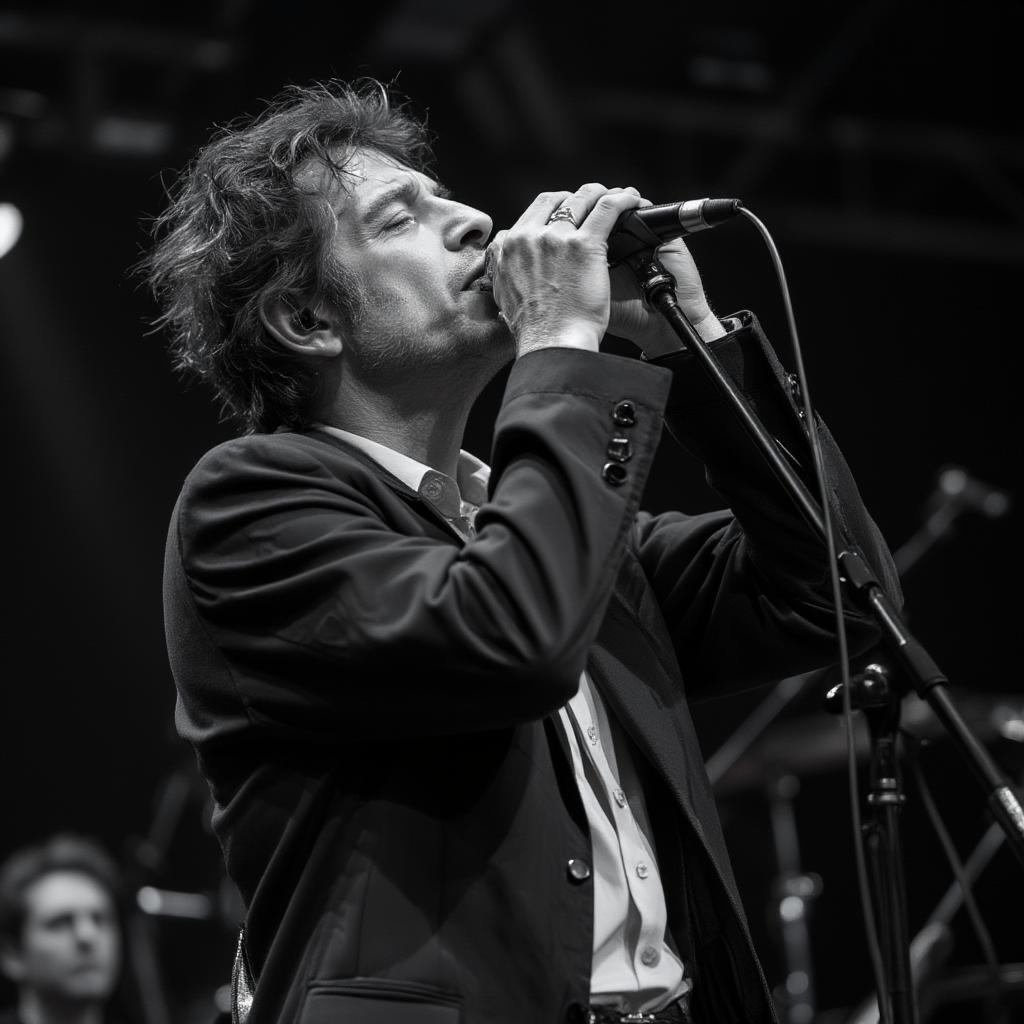The Tangled Highway: Unraveling Bob Dylan’s Philosophy
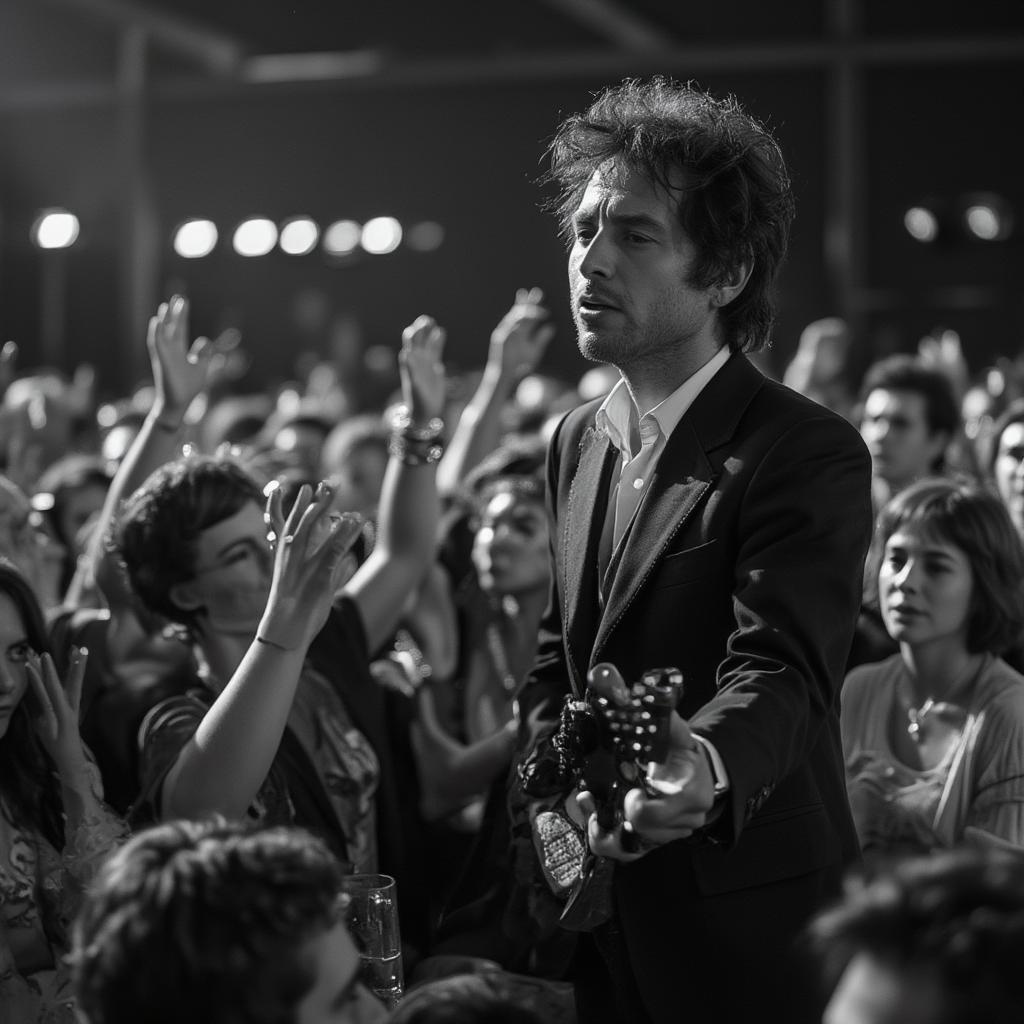
The wind howls a lonesome tune, a melody of change and defiance – much like the life and lyrics of Bob Dylan. To understand Bob Dylan’s philosophy is to embark on a journey down a road less traveled, a road paved with poetic verses, rebellious spirit, and an enduring quest for truth. It’s a journey into the heart of American folk music, a genre Dylan revolutionized and then transcended, leaving an indelible mark on culture and consciousness.
The Shifting Sands of Identity: Dylan’s Chameleon Nature
Dylan, born Robert Allen Zimmerman, was a shapeshifter from the start. He embraced change, shedding identities like snakeskin, constantly evolving his musical style and persona. This restless reinvention wasn’t merely a gimmick; it was a reflection of his core philosophy: the belief in constant evolution and the rejection of fixed labels. This constant state of flux, much like the ever-changing landscape of the American spirit he so eloquently captured, is a key to understanding his work. To pin him down, to categorize him, is to miss the point entirely. He was, and remains, a living paradox. His refusal to be defined, his constant pushing of boundaries, is in itself a philosophical statement.
Beyond the Protest Singer: The Poet of Paradox
While often labeled a “protest singer,” Dylan’s philosophy extends far beyond simple political slogans. His lyrics delved into the complexities of human nature, exploring themes of love, loss, faith, and doubt with a poetic depth rarely seen in popular music. He was a chronicler of the human condition, a storyteller who used symbolism and allegory to illuminate the hidden truths of the everyday. He wasn’t offering answers; he was asking questions, challenging listeners to think for themselves and grapple with the ambiguities of existence. This commitment to questioning, to exploring the gray areas of life, is a cornerstone of his enduring appeal.
The Highway of Constant Motion: Dylan’s Philosophy of Change
Dylan’s music embodies a sense of perpetual motion, mirroring the ever-shifting nature of reality. His lyrics are filled with imagery of roads, journeys, and wanderers, reflecting a belief in the transformative power of experience. He saw life as a continuous process of becoming, a journey without a fixed destination. This embrace of change, this restless spirit, is echoed in his musical evolution, from folk to rock to gospel and beyond. Just as the robert allen zimmerman we knew transformed into the icon we now call Bob Dylan, so too does he encourage us to embrace our own transformations.
Embracing the Unknown: Dylan and the Absurd
Dylan’s work often grapples with the absurd, the chaotic, and the unpredictable nature of life. He acknowledges the lack of easy answers, the inherent meaninglessness that can permeate existence. Yet, within this acknowledgment, there’s a sense of acceptance, a willingness to embrace the unknown. His songs are not nihilistic; they are a testament to the resilience of the human spirit in the face of uncertainty. As he sang in “Blowin’ in the Wind,” the answers are elusive, carried on the wind, a force as unpredictable and powerful as life itself. Much like the relationship dynamics explored in bob dylan and the beatles, navigating the unknown requires a certain level of acceptance and adaptability.
The Echo of Influence: How Dylan Shaped a Generation
Dylan’s influence extends far beyond his music. His philosophy of challenging authority, embracing individuality, and questioning conventional wisdom resonated deeply with a generation grappling with social and political upheaval. He became a voice for the voiceless, a symbol of counterculture, and an inspiration to artists and activists alike. His words and music sparked a cultural revolution, challenging the status quo and encouraging a generation to question everything. His impact is undeniable, a ripple effect that continues to reverberate through art, music, and culture. For example, understanding the complex interplay in barbara ann hewitt bob dylan reveals the profound influence of personal relationships on artistic expression.

The Timeless Troubadour: Dylan’s Enduring Legacy
Bob Dylan’s philosophy is not a neatly packaged set of beliefs; it’s a journey, an exploration, a constant state of becoming. It’s a philosophy rooted in the American folk tradition, yet it transcends time and place, speaking to universal human experiences. His music and lyrics continue to resonate with audiences across generations because they grapple with timeless questions about identity, purpose, and the meaning of life. Just as bob dylan and george harrison found common ground in their artistic pursuits, Dylan’s work resonates with those who seek authenticity and meaning in a world often defined by superficiality. His legacy is not just his music; it’s the enduring power of his words to inspire, challenge, and provoke thought. In exploring george harrison bob dylan tom petty roy orbison jeff lynne, we can further grasp the breadth and depth of Dylan’s influence on his contemporaries and the music world at large.
Conclusion: The Never-Ending Journey of Bob Dylan’s Philosophy
Bob Dylan’s philosophy is a journey down a winding road, a path filled with contradictions, complexities, and profound insights. It’s a journey that challenges us to embrace change, question authority, and seek truth in the midst of uncertainty. His music is a testament to the enduring power of the human spirit, the resilience of hope in the face of despair, and the ongoing search for meaning in a world that often feels meaningless. To understand Dylan is to understand the complexities of the human condition, the beauty of imperfection, and the enduring power of art to transform lives. His journey continues, and so does ours, guided by the echoes of his timeless words and the enduring power of his music. As Dylan himself might say, the answer, my friend, is blowin’ in the wind.

